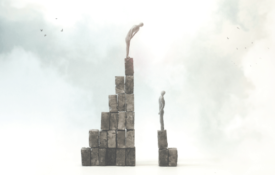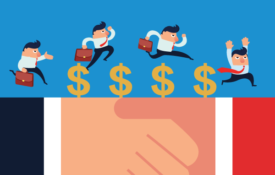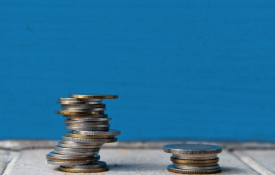-
Why Emotional Intelligence Takes a Dive Among the Affluent
For years, social psychologists knew those with high socioeconomic status read the emotions of others poorly. But a June 2021 study in Social Psychological and Personality Science found when people experience economic inequality, they develop a more
-

The Societal Divide: What Can We Do About It?
Shinobu Kitayama explores the societal divides caused by socioeconomic class in a global context, along with its consequences and potential means of closing it.
-
Why Nobody Feels Rich: The Psychology Of Inequality
When Keith Payne was in the fourth grade, he realized he was poor. The epiphany came to him in the cafeteria. “We had a new cashier in the line that day,” he said. “And when
-

Much More Online
Featuring articles on the sharing economy, health and happiness, and social connection.
-

Misperceptions About Racial Wealth Gap Examined in New Report
The vast majority of Americans underestimate the magnitude of economic inequality between Whites and racial minorities, particularly Black and Latinx people, according a research reported in Perspectives on Psychological Science.
-

High Wealth Inequality Linked With Greater Support for Populist Leaders
People who live or think they live in a more economically unequal society may be more supportive of a strong, even autocratic leader, a large-scale international study shows.

